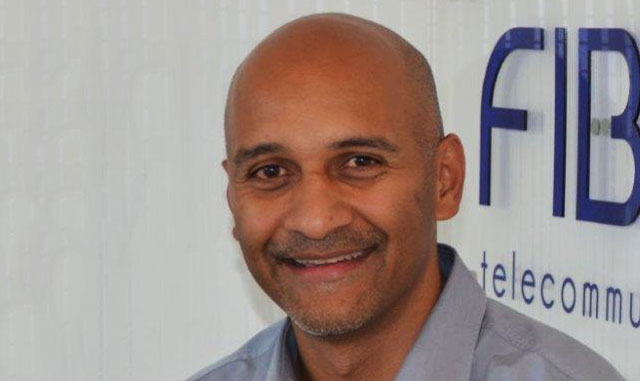
Open-access telecommunications infrastructure company FibreCo is turning its attention to its next big project after completing construction of a fibre-optic link between Johannesburg and East London.
The 1 000km Johannesburg to East London route, which follows the N1 to Bloemfontein and then the N6 to the coast, is expected to begin carrying traffic in the fourth quarter, says CEO Arif Hussain.
The next phase will involve trickier routes: deploying a cable system from East London to Cape Town and from East London to Durban. This route has to cross a number of major river systems and will be a “difficult build” with “environmental sensitivities”, Hussain says.
However, the company has already obtained all the permits it needs to begin construction. It is working to finalise the finance side of the project, including raising the necessary debt, and to secure anchor tenants on the fibre route. “It is taking some time to get through the agreements and negotiations, but the target is that by the end of this year we will have kicked off the next route.”
The company hopes to complete the leg between Cape Town and Durban by 2015. This will “close the ring” between South Africa’s major urban centres, he says. The Durban to Johannesburg route is already well served by NL — a joint venture between Neotel, MTN and Vodacom — and by Dark Fibre Africa and others.
“The Cape Town to Durban route is a very important link in South Africa in terms of not only redundancy between Johannesburg and Cape Town, but also in terms of connecting urban areas along that route which currently have fairly poor broadband,” Hussain says.
He says that based on FibreCo’s project plan, the Durban to Cape Town route will have points of presence in urban areas — outside the cities — that are home to as many as 3,5m people.
Smaller towns that will be covered include Grahamstown, Plettenberg Bay and Knysna.
Hussain believes it makes sense to build terrestrial fibre along the route, despite plans by both Seacom and Techteledata to build submarine cables linking KwaZulu-Natal and the Western Cape. “The undersea cables make sense, but they won’t get to the population centres along the route in the same way. They won’t substitute for a cable that goes through all of those smaller towns.”
FibreCo is a joint venture between Dimension Data’s Internet Solutions, Cell C and businessman Andile Ngcaba’s Convergence Partners. — (c) 2013 NewsCentral Media
[table id=44 /]




